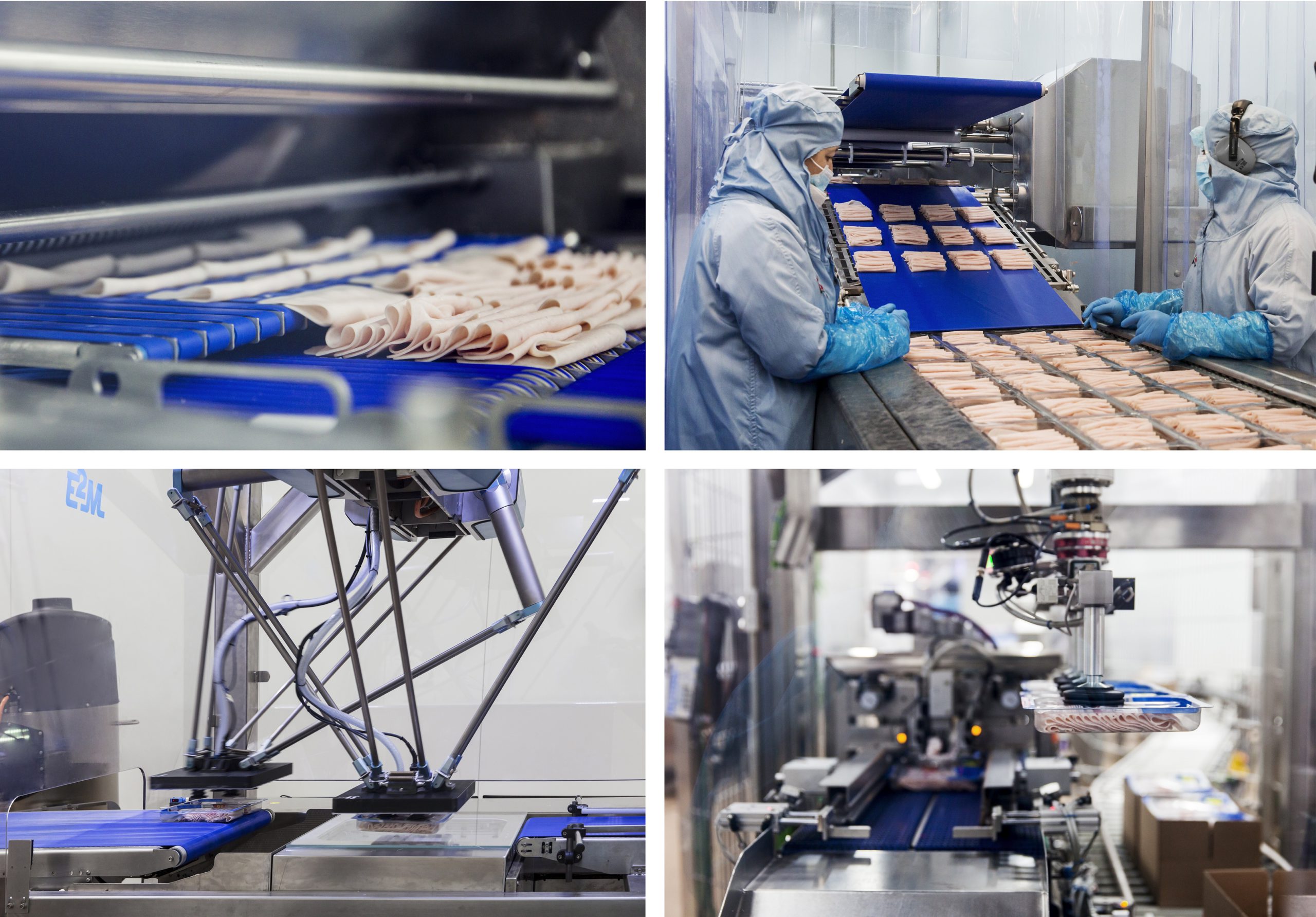EMBUTIDOS MONELLS achieves the ECOSENSE certificate

December 2020 – EMBUTIDOS MONELLS S.A. achieves the ECOSENSE certification for its facilities in Seva (Spain), on implementing its strategy alignment with packaging sustainability
MONELLS is dedicated to the manufacture and marketing of cooked cold meat (bacon, ham, turkey and cooked paleta) both of its own brand and of distribution brands. With an annual volume of over 27 million kilos, the company is a benchmark in the Spanish market and the leader in the Cooked Bacon category (44% market share); it is specialized in natural smoked products and has a presence in more than 30 countries. In the current context of awareness about hygiene and food safety by consumers, MONELLS meets the market demand and its activity is committed to the environment by re-using resources without extracting new ones from the planet.
To obtain the ECOSENSE certificate, the EMBUTIDOS MONELLS’ facilities in Seva (Spain) have undergone an inspection process by an entity accredited by ENAC under the ISO/EC 17020 standard to verify compliance with the requirements of the ECOSENSE procedure for food packers established by the PLASTIC SENSE Foundation.
With the ECOSENSE certification, EMBUTIDOS MONELLS S.A. contributes to consolidate a circular economy model in the sector of thermoformed PET containers. In this way, it ensures traceability and transparency in the reincorporation of recycled material in the manufacture of new PET containers from its monolayer and multilayer PET packaging production waste. Thanks to ECOSENSE, not only does it is prevented that the final destination of this type of waste was landfilling, but it is also reduced greenhouse gas emissions by using less energy and resources than if virgin plastic was used in the manufacture of the thermoformed PET containers.
The final purpose of ECOSENSE is to increase the transformed volume of PET packaging waste that is subsequently incorporated into new trays, that is, in food applications with the same value as the original ones. Thus, it contributes to ensuring that 10 million tonnes of recycled plastics find their way into new products by 2025, according to the European Strategy for Plastics in a Circular Economy.
